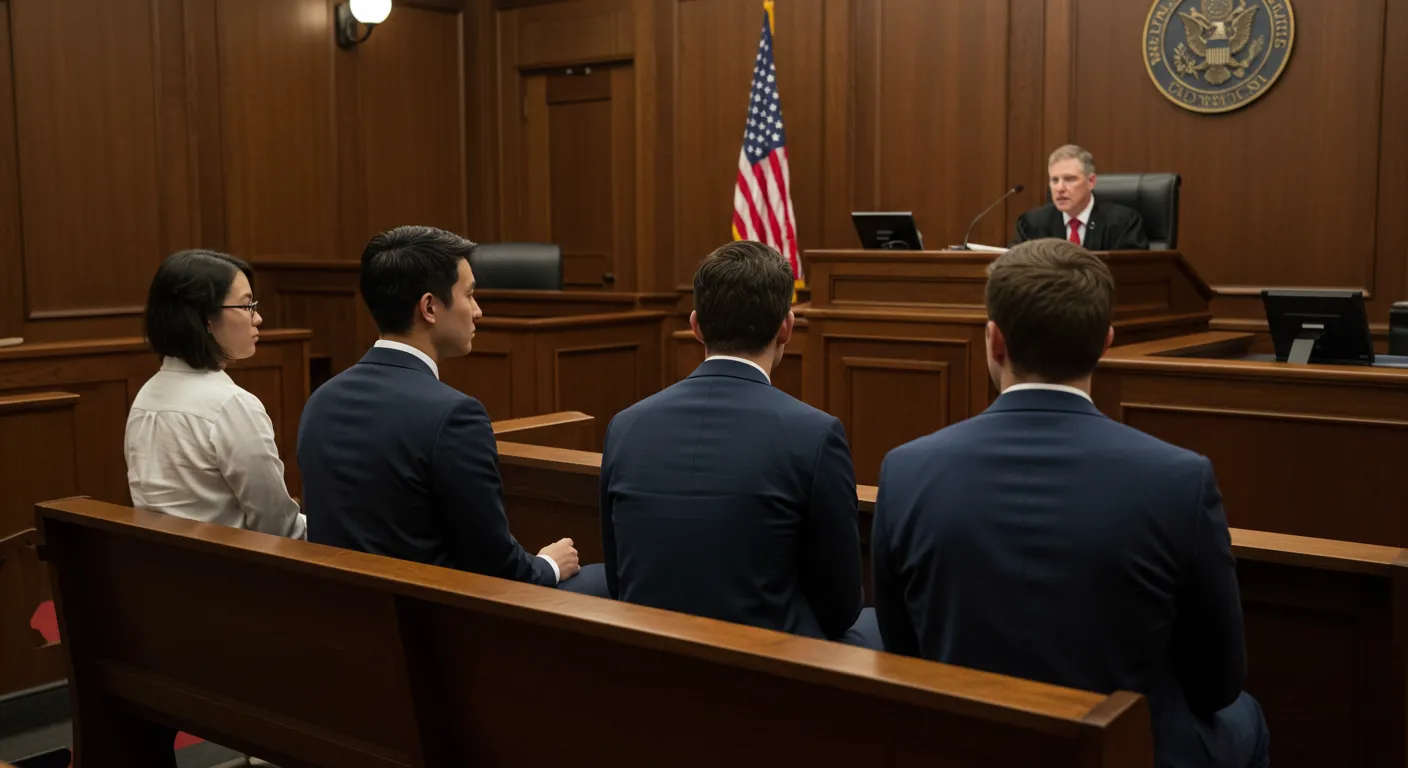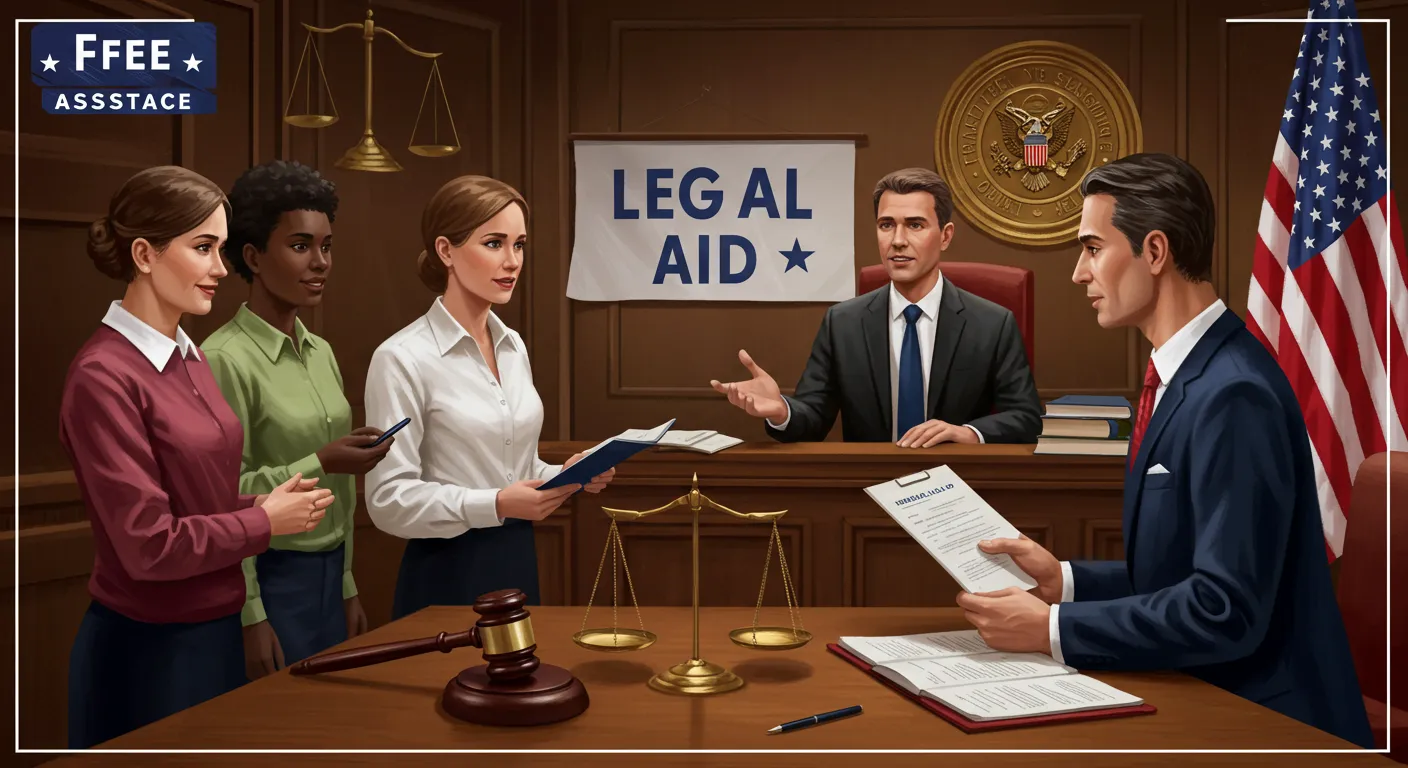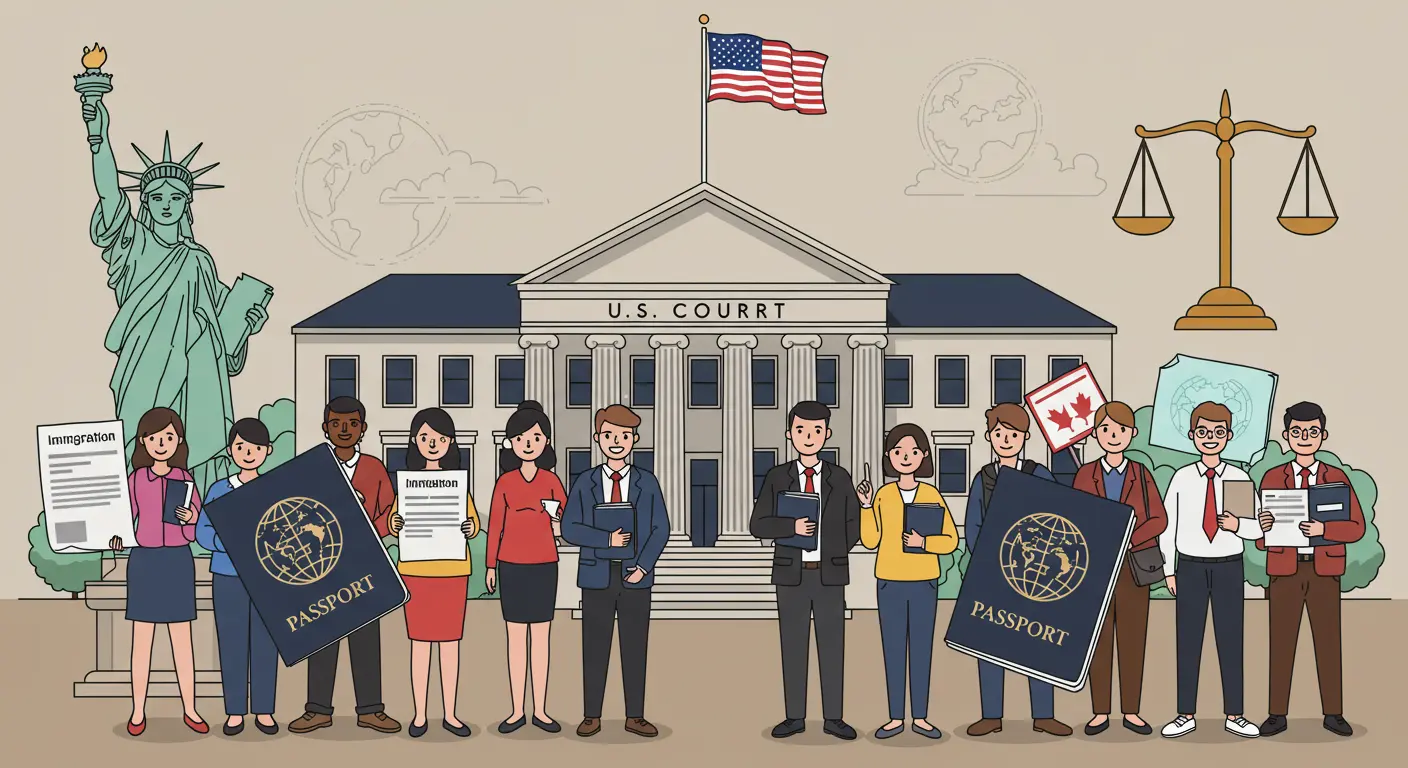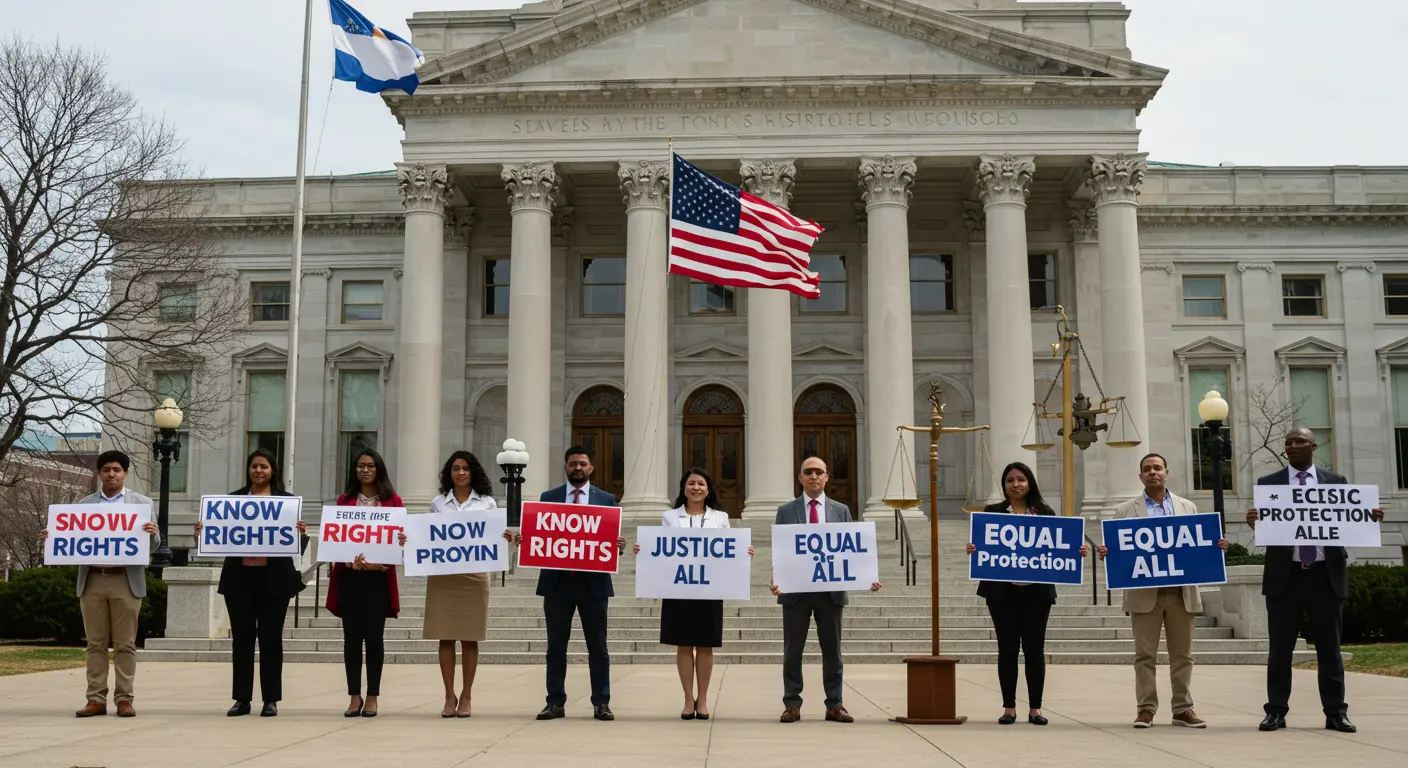Understanding American law for foreigners can be challenging but essential for anyone living, studying, working, or doing business in the United States. The U.S. legal system is complex, and its rules can differ from state to state. Whether you’re an international student, a foreign worker, or a tourist, knowing your rights and responsibilities under American law is crucial.
In this article, we will explore the basics of the U.S. legal system, how it applies to non-citizens, what legal rights foreigners have, and what to do if you face legal issues in America.
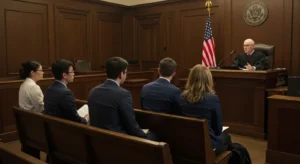
📜 Understanding the U.S. Legal System
The American legal system is based on a combination of federal, state, and local laws. Here’s how it works:
| Legal Level | Description |
|---|---|
| Federal Law | Applies to the entire country. Includes immigration, taxes, and civil rights. |
| State Law | Varies by state. Covers education, property, family law, etc. |
| Local Law | City or county-specific rules. Includes traffic regulations, housing codes. |
Foreigners must follow all three types of laws while they are in the U.S. Violating any of these laws can result in fines, imprisonment, or deportation, depending on the severity of the crime.
👤 Rights of Foreigners Under American Law
Foreign nationals, also called aliens or non-U.S. citizens, have several important legal rights under American law:
1. Due Process Rights
All persons in the U.S., regardless of immigration status, have the right to due process under the 5th and 14th Amendments. This means fair treatment by the legal system before life, liberty, or property is taken away.
2. Right to Legal Counsel
If you’re arrested, you have the right to remain silent and to be represented by a lawyer. In criminal cases, if you cannot afford an attorney, the court will appoint one.
3. Right Against Unreasonable Search
You are protected from illegal searches and seizures under the 4th Amendment. Law enforcement generally needs a warrant or your consent to search your home or property.
👮♂️ Common Legal Issues Faced by Foreigners
Many foreigners in the U.S. face legal challenges because they are unfamiliar with local laws or fail to follow procedures. Common legal issues include:
-
Visa Overstay
-
Unauthorized Work
-
Driving Without a License
-
Drug Possession
-
Domestic Violence Accusations
-
Immigration Fraud
If you face any of these problems, contact an immigration or criminal defense attorney who understands American law for foreigners.
🧾 Immigration Law Basics
U.S. immigration law governs who may enter the country, how long they may stay, and what they may do while here. Here are key categories:
| Visa Type | Purpose | Duration |
|---|---|---|
| B-1/B-2 | Business/Tourism | Up to 6 months |
| F-1 | Students | Length of study |
| H-1B | Skilled Workers | 3 to 6 years |
| Green Card | Permanent Residency | Indefinite |
Foreigners must comply with the terms of their visa. Violations can lead to denial of re-entry, deportation, or bans.
🏛 Civil vs. Criminal Law for Foreigners
It’s important to understand the difference:
-
Civil Law involves personal disputes (e.g., contracts, landlord-tenant, injury claims). Foreigners can sue or be sued in U.S. courts.
-
Criminal Law involves acts considered offenses against the state. Foreigners accused of crimes have the same trial rights as citizens, including a fair trial and legal representation.
✈️ Deportation & Removal Proceedings
Breaking U.S. law or violating immigration rules can trigger deportation. The process includes:
-
Notice to Appear (NTA) in immigration court.
-
Hearing before an immigration judge.
-
Opportunity to apply for relief (e.g., asylum, cancellation of removal).
-
Judge’s final removal order.
To prevent this, stay informed and in compliance with your visa terms and local laws.
⚖️ How to Stay Legally Safe in the U.S.
To avoid legal issues while in America:
-
Know the law in your state and city.
-
Obey visa rules—don’t work illegally or overstay.
-
Avoid criminal activity, even minor drug possession or fights.
-
Consult legal experts for contracts or disputes.
-
Keep documents updated—passport, visa, work permit.
🧠 Final Thoughts
The American law for foreigners can be tough to understand, but being informed protects your rights and helps you avoid legal trouble. Whether you’re a student, worker, tourist, or investor, staying legally compliant is your key to a smooth experience in the U.S.
If you’re ever in doubt, speak to a licensed attorney who specializes in immigration or criminal defense. American law can be strict, but it is also fair—know your rights and use them.
❓ FAQs About American Law for Foreigners
Q1: Can foreigners own property in the U.S.?
Yes, non-citizens can legally buy and own property in the United States without a visa or citizenship.
Q2: What happens if a foreigner commits a crime?
They are tried under American criminal law and may also face immigration consequences like deportation.
Q3: Can I work in the U.S. on a tourist visa?
No, working on a tourist visa is illegal and can lead to deportation or future visa denial.
Q4: Are foreigners eligible for a public defender?
Yes, if charged with a crime and unable to afford a lawyer, the court may appoint a public defender.
Q5: Is overstaying a visa a crime?
Yes, it is a violation of immigration law and can lead to removal from the U.S. or bans on re-entry.
